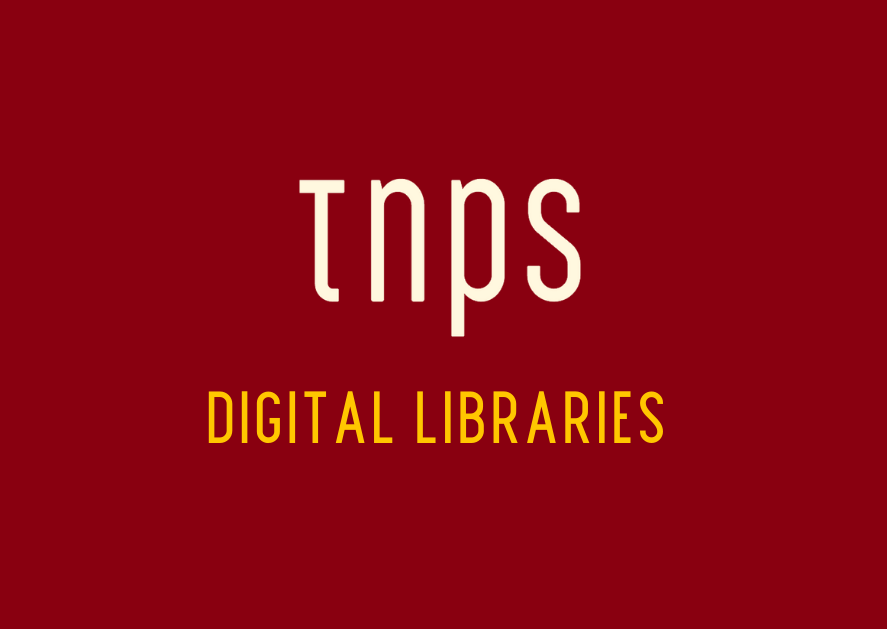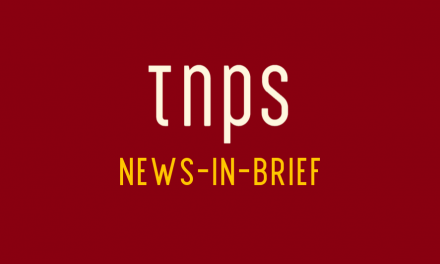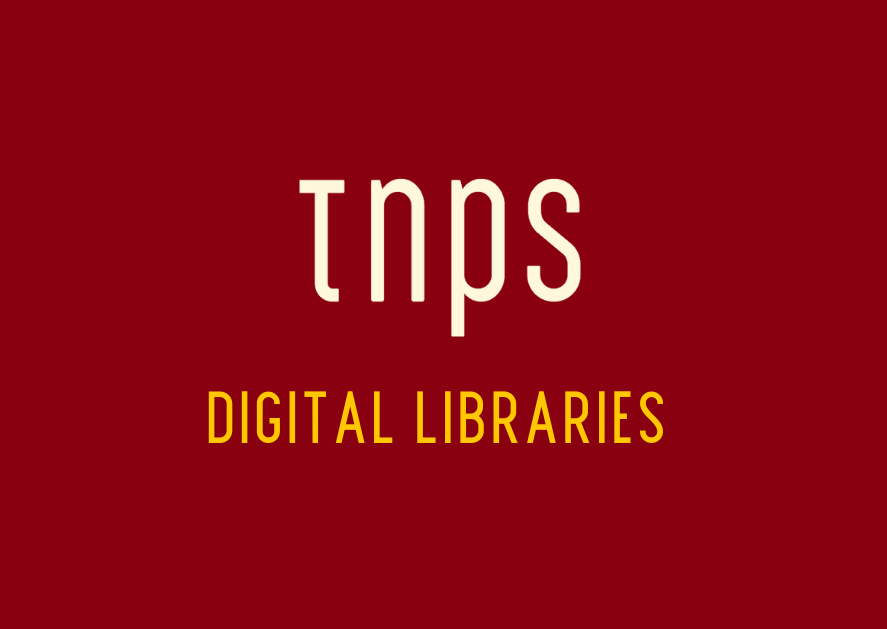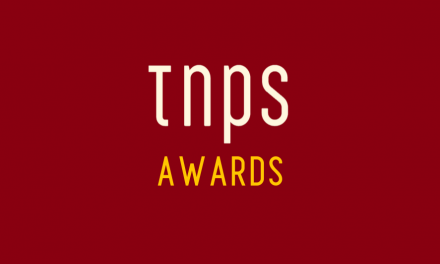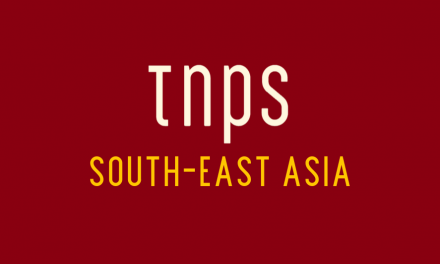“Equity of access being a key point here, and one that ultimately is at the centre of the faux “stagnating ebook market” narrative many publishers (take a bow, Marcus Dohle CEO at PRH) routinely promulgate.”
Since the launch of TNPS back in 2017, the OverDrive end-of-year report has stood out for its sharp divergence from the popular narrative that consumer interest in ebooks long ago stagnated at around 20% of the market.
Time after time the OverDrive figures, like the Kindle Unlimited pot payouts to indie authors for subscription ebooks, paint a different picture.
Last year OverDrive’s 430 million digital downloads broke down as 138 million audiobook downloads and 239 million ebook downloads, with another 187 million would-be downloads on the hold/wait list, due to publisher restrictions on use.
So far there’s no similar detail from OverDrive (I’ve asked and will update this story with any news) but what we do know is that in 2021 total digital downloads leapt from 430 million to 506 million, up 16%.
121 public library systems in seven countries achieved one million or more digital book loans, up from 102 in 2020. Those countries routinely include US, Canada, Australia and Singapore, but so far no detail on just what those seven million+ countries were in 2021.
Per the OverDrive blog:
With a focus on equity of access to books for all, libraries achieved all-time records for circulation while lowering the average cost-per-title borrowed. 2021 also produced a banner year of book sales and earnings to the authors and publishers who supply digital books to libraries.
Equity of access being a key point here, and one that ultimately is at the centre of the faux “stagnating ebook market” narrative many publishers (take a bow, Marcus Dohle CEO at PRH) routinely promulgate.
Publishers like PRH long since took the decision to raise ebook prices to near parity with print (and even with hardcover prices) which amazingly somehow coincided with a sudden downturn in ebook sales, which print-focussed publishers and trade bodies have delighted in explaining with nonsense arguments like “screen fatigue” and consumers losing interest in ebooks.
Yet look at any platform where price friction is not an issue for the consumer (digital libraries, unlimited subscription, etc) and we see a very different picture.
And when we look at these platforms we need to remember that many popular titles are either restricted for libraries or not available at all for subscription (again, take a big bow, PRH), thus dampening the likely true consumer interest were what OverDrive calls ”equity of access” ever to be extended to equity of content.

